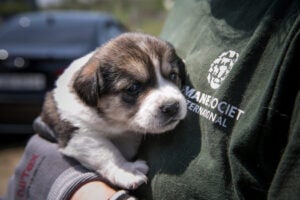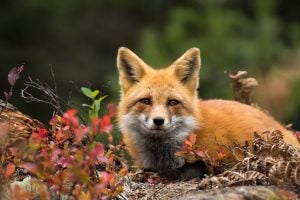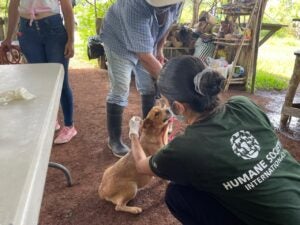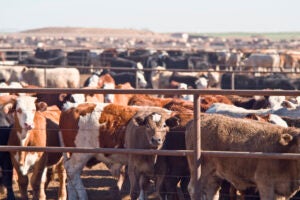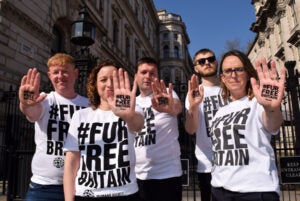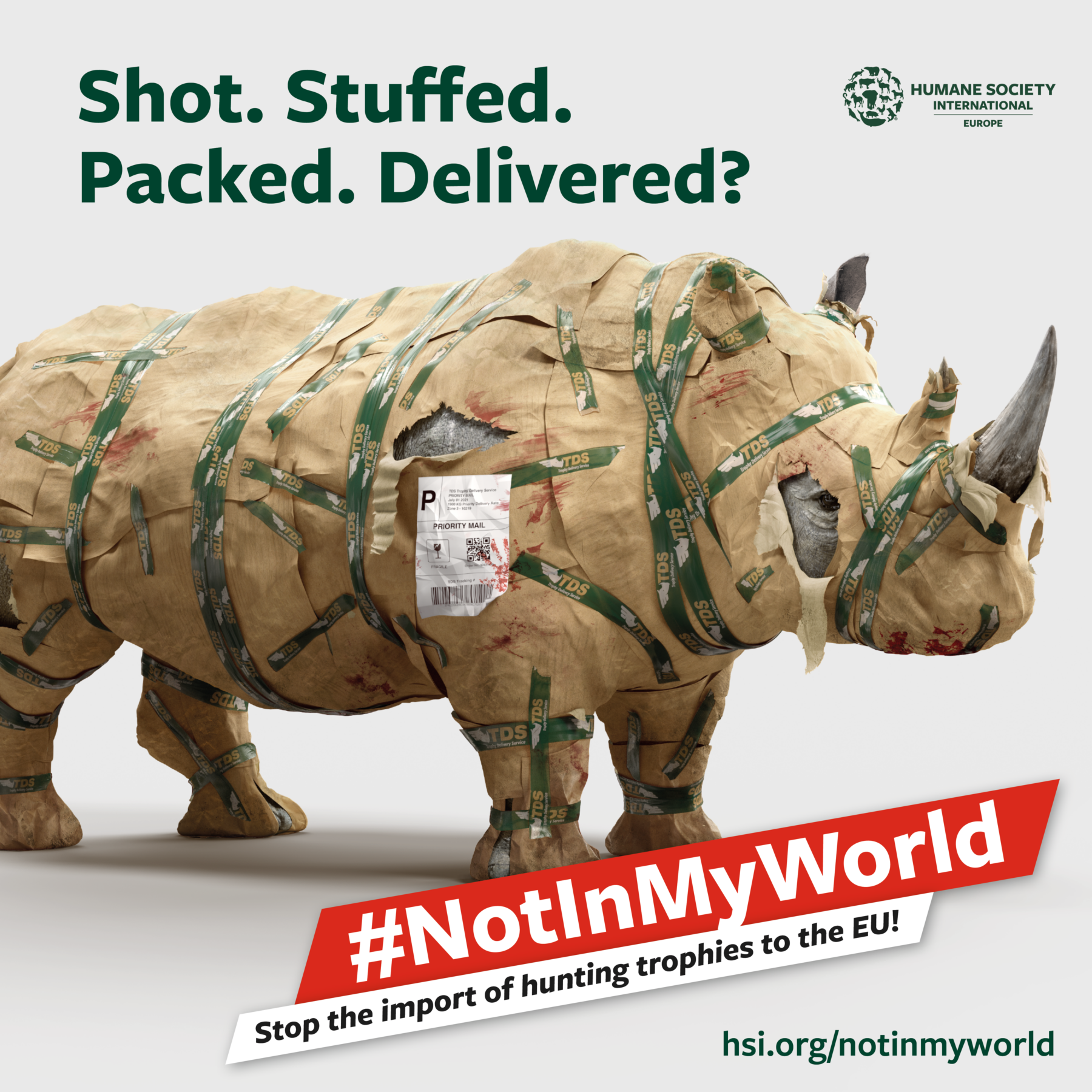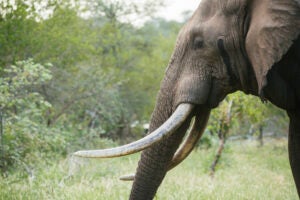
BRUSSELS (28 Sept. 2021)—The emergence of the SARS-CoV-2 virus, which is widely thought to have passed to humans from bats via intermediate species sold in wildlife markets, has highlighted the fact that the trade in wildlife—both legal and illegal—poses a significant threat to human health.
Today, MEPs for Wildlife, a cross-party European Parliament interest group, held an online event entitled Preventing the Next Pandemic: One Health, emerging infectious diseases and wildlife trade in partnership with the Wildlife Conservation Society, Humane Society International/Europe and the International Fund for Animal Welfare. The event, hosted by Belgian MEP Hilde Vautmans (Renew Europe), included expert panellists from the European Commission, World Health Organization and academia, and discussed the impact of wildlife trade and markets; links to biodiversity, climate, security and health; and how these threats should be addressed through an integrated One Health approach.
The majority of the panelists agreed that the main takeaway from this pandemic is that if no action is taken to restrict the international and domestic trade of wild animals, the question is not whether another pandemic will emerge, but when it will emerge.
Dr. Joanna Swabe, senior director of public affairs for Humane Society International/Europe, said:
“Wildlife around the globe is under intense pressure from human activity and over-exploitation. Illegal and unsustainable wildlife trade, poor governance and corruption have significant negative impacts on ecosystems and result in the loss of multiple wild species, affecting the integrity of whole ecosystems, contributing to climate change, and damaging local livelihoods, economic development and security. The coronavirus pandemic should be a wake-up call to humanity. COVID-19 is the latest in a long line of zoonotic diseases that have wreaked havoc with human health and society. The more we continue to exploit animals, destroy animals’ natural habitats and lose biodiversity, the greater the opportunities for emerging infectious diseases to spread to human populations.”
Arnaud Goessens, senior manager EU policy for the Wildlife Conservation Society, added:
“The current COVID-19 pandemic and other disease outbreaks of zoonotic origin such as SARS and Ebola have clearly demonstrated the critical need to apply a truly trans-sectoral One Health approach, as a matter of urgency. We believe that efforts must be focused on preventing pandemics of zoonotic origin at their source—in other words, stopping them at the point of pathogen spillover from animals to humans, well before they can become local outbreaks, epidemics, or global pandemics. We have borne witness to the devastation caused to human communities by the current coronavirus pandemic. Concerted global action is needed to ensure that the next pandemic is stopped in its tracks.”
Ilaria Di Silvestre, head of EU policy & campaigns for IFAW’s EU office, noted:
“The link between emerging zoonotic diseases, the exploitation of wild animals and the human destruction of their natural habitats is beyond doubt. We must also not forget that the EU is active in the trade in wildlife, being both a destination market and a hub for the trade of wildlife in transit to other regions, particularly from Africa destined for Asia. The EU Biodiversity Strategy makes an explicit connection between wildlife trade and the emergence of zoonotic diseases. To reduce the risks posed to human health—as well as to protect animal welfare—we strongly advocate maintaining wild animals in secure and intact habitats and minimizing wild animal-human interaction by severely limiting wild animal trade and use. The European Commission has a great opportunity to deliver on this through a robust revision of the existing EU Action Plan against Wildlife Trafficking.”
Calls to control the trade in wild animals for food and medicine have been issued even before the emergence of SARS nearly 20 years ago. It is now proven that pathogens associated with legally traded wildlife can jump species barriers and affect most vertebrates, accounting for new diseases in both domestic animals and humans. It is estimated that zoonoses, or diseases that originate from animals, account for nearly 60% of all known human pathogens, and for about three quarters of all emerging infectious diseases that affect humans. After the outbreak of COVID-19, a series of measures to curb the possibility for emergence of new zoonotic diseases have been proposed, which include ban on wildlife markets, adoption of a “one health” approach that considers human, animal, and environmental health as a single issue and stricter control of wildlife trade.
Background information
Speakers and panellists included:
- Prof. Dr. Chris Walzer, executive director, Health Program, Wildlife Conservation Society
- Jorge Rodriguez Romero, deputy head of unit, Multilateral Environmental Cooperation, DG Environment
- Dr Francisco Javier Reviriego Gordejo, head of unit for animal health, DG SANTE
- Dr. Anne-Lise Chaber, One Health expert, School of Animal and Veterinary Science, University of Adelaide
- Cristina Romanelli, programme officer for biodiversity, Climate Change and Health, World Health Organization
- Catherine Bearder, IFAW board member, former MEP and founding Chair of MEPs for Wildlife group
Watch a Recording of the Webinar
ENDS
Media contacts:
- Yavor Gechev: ygechev@hsi.org
- Jo Swabe: jswabe@hsi.org



